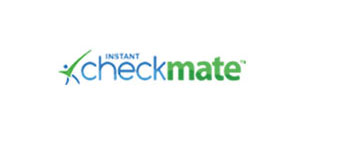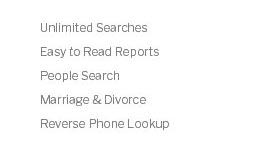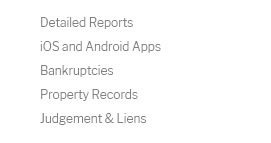 |
 |
|---|
|
|
|---|
 |
 |
 |
 |
|---|---|---|---|
 |
 |
 |
|
 |
|||
 |
 |
 |
|
 |
|||
 |
 |
 |
|
 |
|||

georgia public records access: what residents should know todayOverviewGeorgia’s open records framework gives the public a clear path to inspect government information, from budgets and contracts to meeting minutes and some court filings. Under the state’s Open Records Act, agencies must respond promptly and provide records in a reasonable format, though fees may apply for search, retrieval, and copying. Benefits and drawbacksAccess promotes accountability and helps journalists, researchers, and citizens verify decisions. Yet there are limits: personal data, active investigations, and certain security details are exempt, and response times can stretch when requests are broad or complex. Understanding scope and timelines reduces frustration. How to request effectivelyWrite a focused request that names the agency, date ranges, and specific documents. Ask for electronic delivery to minimize costs, and note that agencies may require prepayment for extensive work.
If disputes persist, consult the Attorney General’s guidance or seek counsel; many issues resolve once exemptions and fees are clearly explained.
|
|---|